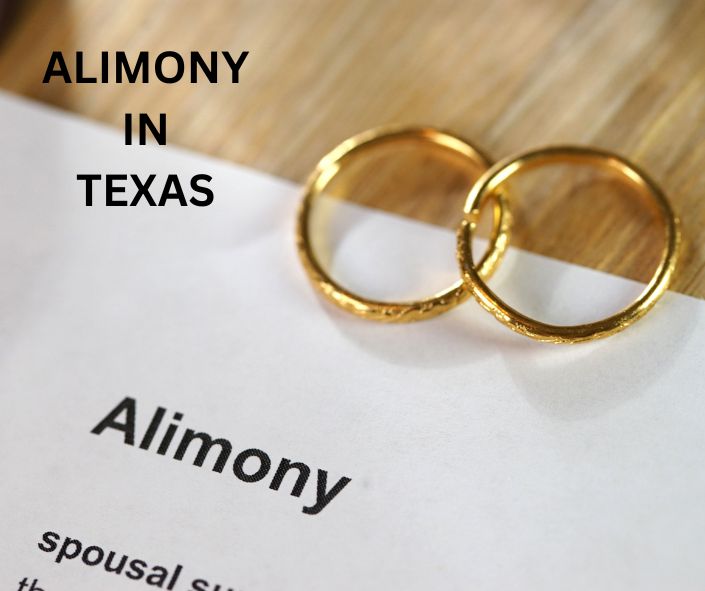Texas Custodial Parents
The common meaning of the term “conservator” is an individual appointed by a court to oversee the preservation of the property of an incapacitated person. But in Texas, a custodial parent is referred to as a conservator while custody arrangements for divorced or separated parents are called conservatorships. Instead of visitation rights, Texas non-custodial parents maintain the rights for child access and possession.
Texas Child Custody Agreements
Texas conservatorship rules are similar to other states’ child custody agreements, decisions and orders. But the terminology used is different from those of other states because traditional terminology was abandoned after the Texas Family Code was codified. Parents are allowed by the court to design a custody plan but a court has to approve it. The parents can go to trial if they cannot resolve their conservatorship disputes.
Remember the court requires a written agreement that reflects the best interests of the child. The two types of conservatorship in Texas are the joint managing conservatorship and sole managing conservatorship.

Attorney Daryl Longworth is a family law attorney licensed by the State Bar of Texas. He is the senior attorney at The Longworth Law Firm in Houston, Texas. Mr. Longworth is a graduate of the University of Houston Law Center. Prior to becoming a licensed attorney focusing on divorce law and family law in Texas, Mr. Longworth was a police officer for the Houston Police Department.








